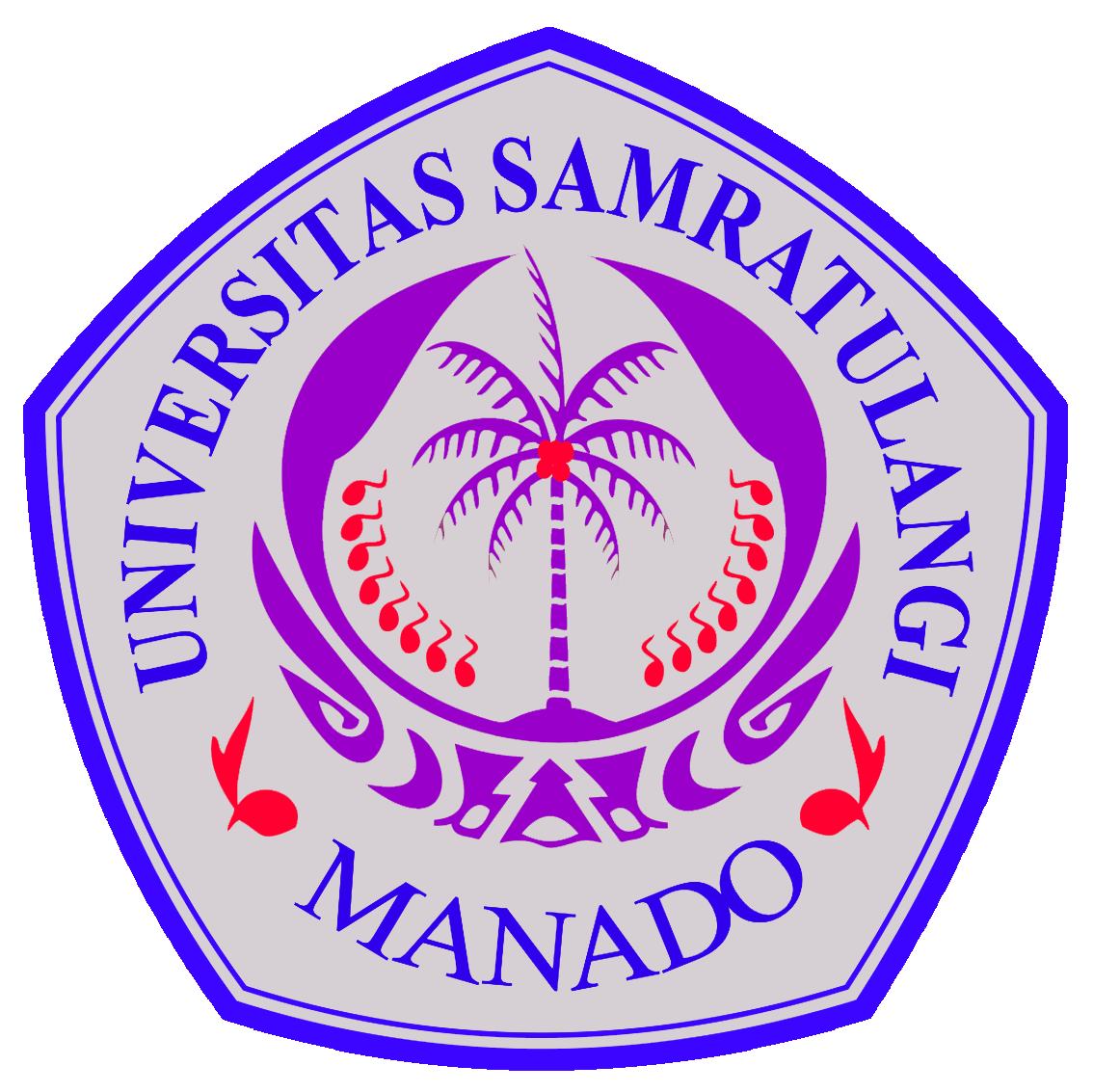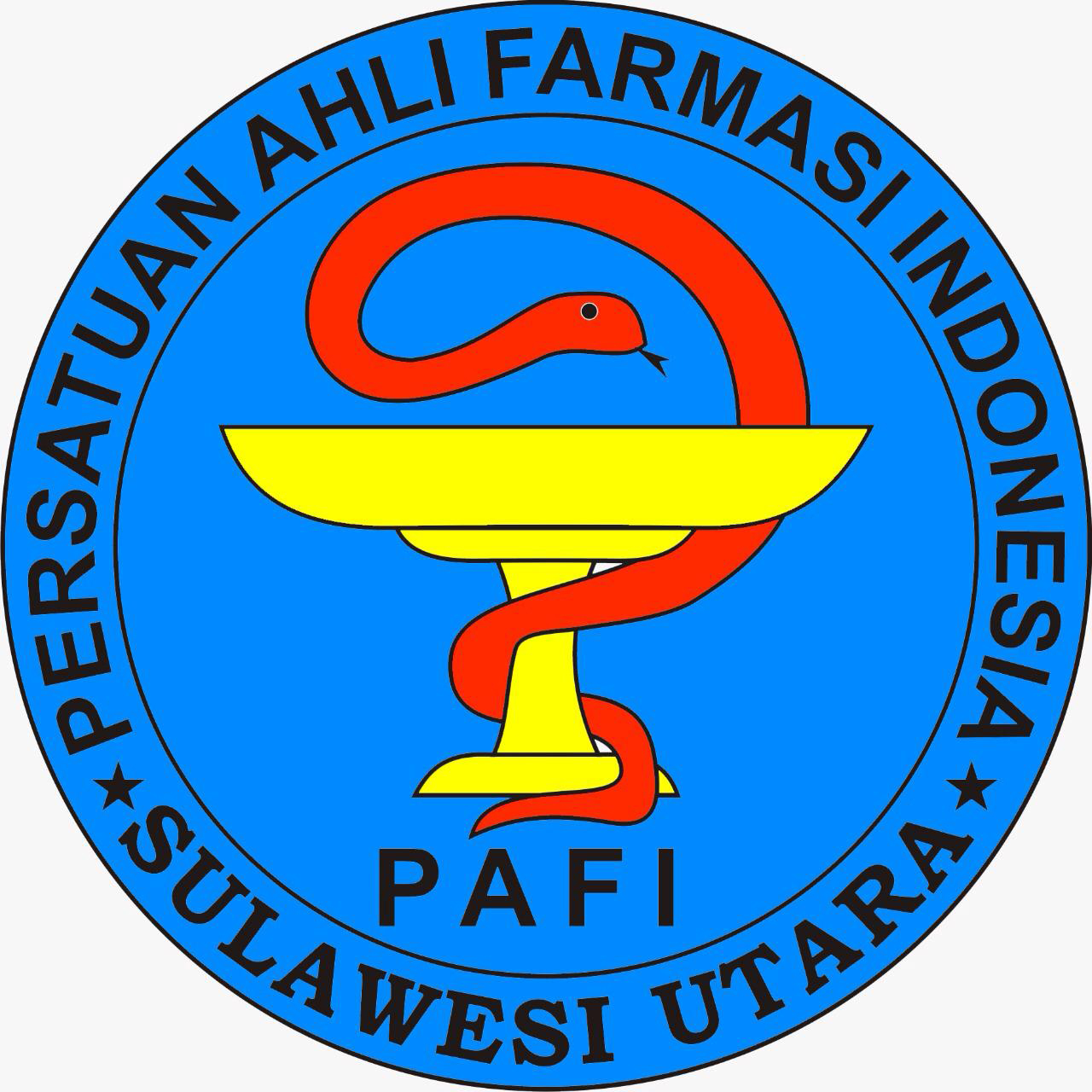FORMULASI dan PENGUJIAN SALEP EKSTRAK BONGGOL PISANG AMBON (Musa paradisiaca var. sapientum (L.)) TERHADAP LUKA TERBUKA PADA KULIT TIKUS PUTIH JANTAN GALUR WISTAR (Rattus norvegicus)
Abstract
Ambon banana weevil contains medicinal properties that are useful in the process of
wound healing. The purpose of this study is to formulate an ointment of Ambon banana
(Musa paradisiaca var. sapientum) weevil extract and to test the ointment to heal open wound
on the skin of male rat (Rattus norvegicus). This study is experimental descriptive in the
laboratory. Ambon banana weevil extracts used in the manufacture of ointment formulation.
The number of tested animals used was 18, with 6 treatment groups, ie injuries without
ointment application, negative control, positive control, banana weevil ointment 10%, banana
weevil ointment 15%, and the banana weevil ointment 20%. All mice were injured with a
8
wound of 1.5 cm long. The wounds were applied with ointment three times daily. Observation
was conducted everyday from day 0 to day 8. All data was tested statistically using ANOVA
(Analysis of Variant) followed bay LSD (Least Significant Difference) test. Qualitative data
were presented descriptively. The results showed that the banana weevil formulation meets
the ointment test requirement according to Famakope Indonesia Edition III, i.e wounds were
narrowed, scabs were formed, and then wounds were closed. Statistical tests showed that
there were significant effects on wound healing in white male rats, ie 4.004 > 2.45. Based on
the results of the study it can be concluded that the preparation of an ointment made from
banana weevil met the requirement, and concentration of 10%, 15%, and 20% gave effect to
the healing of open wounds on the skin of white male rats.
Keywords: ointment, extract, Ambon banana weevil, wound healing, white male rats.
wound healing. The purpose of this study is to formulate an ointment of Ambon banana
(Musa paradisiaca var. sapientum) weevil extract and to test the ointment to heal open wound
on the skin of male rat (Rattus norvegicus). This study is experimental descriptive in the
laboratory. Ambon banana weevil extracts used in the manufacture of ointment formulation.
The number of tested animals used was 18, with 6 treatment groups, ie injuries without
ointment application, negative control, positive control, banana weevil ointment 10%, banana
weevil ointment 15%, and the banana weevil ointment 20%. All mice were injured with a
8
wound of 1.5 cm long. The wounds were applied with ointment three times daily. Observation
was conducted everyday from day 0 to day 8. All data was tested statistically using ANOVA
(Analysis of Variant) followed bay LSD (Least Significant Difference) test. Qualitative data
were presented descriptively. The results showed that the banana weevil formulation meets
the ointment test requirement according to Famakope Indonesia Edition III, i.e wounds were
narrowed, scabs were formed, and then wounds were closed. Statistical tests showed that
there were significant effects on wound healing in white male rats, ie 4.004 > 2.45. Based on
the results of the study it can be concluded that the preparation of an ointment made from
banana weevil met the requirement, and concentration of 10%, 15%, and 20% gave effect to
the healing of open wounds on the skin of white male rats.
Keywords: ointment, extract, Ambon banana weevil, wound healing, white male rats.
Full Text:
PDFDOI: https://doi.org/10.35799/pha.1.2012.462
Refbacks
- There are currently no refbacks.
Copyright (c)
 | Publisher : |  | Cooperation With : |

This work is licensed under a Creative Commons Attribution-NonCommercial 4.0 International License.








